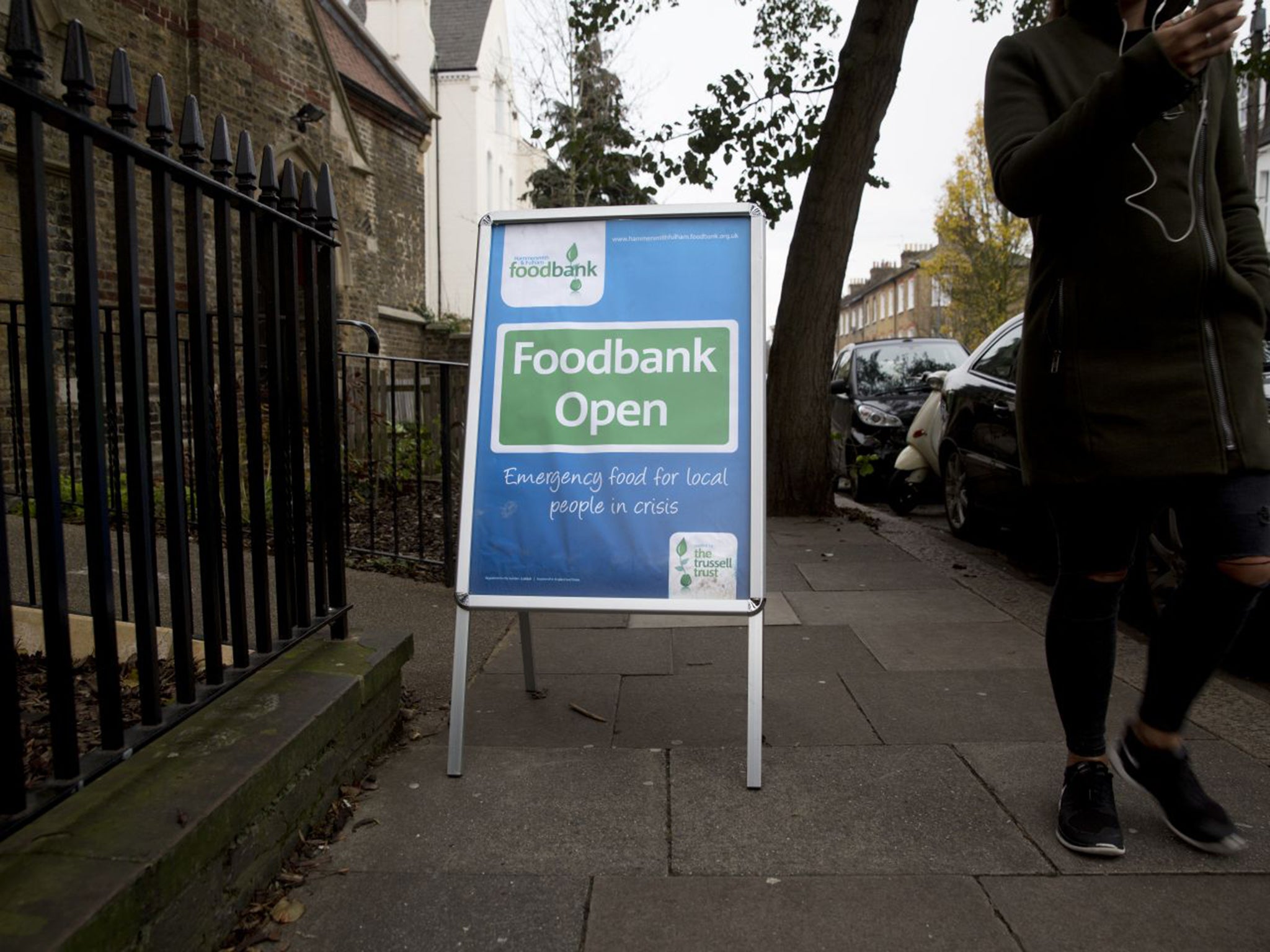Chancellor Philip Hammond's classically Tory budget casts him as Robin Hood in reverse
An analysis by the Resolution Foundation shows the rich gain by far the most from the Chancellor's tax changes

Your support helps us to tell the story
From reproductive rights to climate change to Big Tech, The Independent is on the ground when the story is developing. Whether it's investigating the financials of Elon Musk's pro-Trump PAC or producing our latest documentary, 'The A Word', which shines a light on the American women fighting for reproductive rights, we know how important it is to parse out the facts from the messaging.
At such a critical moment in US history, we need reporters on the ground. Your donation allows us to keep sending journalists to speak to both sides of the story.
The Independent is trusted by Americans across the entire political spectrum. And unlike many other quality news outlets, we choose not to lock Americans out of our reporting and analysis with paywalls. We believe quality journalism should be available to everyone, paid for by those who can afford it.
Your support makes all the difference.A giveaway budget? The detailed analyses of the Chancellor’s figures are starting to come in and what they show it that it is that indeed if you’re comfortably off.
Right from the outset it was clear that while austerity isn’t over (despite what Prime Minister Theresa May said at the Tory Party conference) it is at least easing.
Lower than expected borrowing and the forecasts for the future made by the Office for Budgetary Responsibility gave Philip Hammond some room for manoeuvre. With the Government under pressure on multiple fronts - it has problems beyond the carbuncle of Brexit - he chose to use it and make at least some of his cabinet colleagues smile.
But, as an analysis by the Resolution Foundation has underlined, austerity is easing most for the people who least need it to.
The Foundation’s analysis shows that 84 per cent of the income tax cuts that were announced yesterday, the top rate threshold rising to £50,000 next year, the tax free allowance to £12,000, will go to the top half of the income distribution.
After that thresholds will rise in line with inflation. As a result, by the end of the current Parliament (2022-23) 89 per cent of the benefits will be pocketed by the top half. Some 45 per cent will go to the top ten per cent of households alone.
In cash terms, Resolution says that the wealthiest one in ten will gain a staggering 14 times as much from the giveaways in the budget as the poorest (£430 vs £30). Meanwhile, the overall package of tax and benefit changes announced since 2015 will deliver an average gain of £390 for the richest fifth of households in 2023-24, compared to an average loss of £400 for the poorest fifth of households.
It bears repeating that the four year benefits freeze will continue into next year, which, as I wrote two weeks ago, is set to cost those in the bottom half of the income distribution £200 each, on top of the £350 they have already lost as result of it.
There is a £1.7bn commitment to Universal Credit, which was described by the Foundation as “very welcome”. But I’m not quite so inclined to give the Chancellor credit for that. Universal Credit is an ugly mess of a policy. It is having dire consequences, and because of them, it is producing a steady stream of negative stories. Because of this it has been likened to the poll tax that killed Margaret Thatcher’s premiership. Hammond therefore had little choice. He had to act.
The point that should be underlined is that he did have a choice about the other fiscal changes. He could have scrapped the benefits freeze, and he had the room to do so. This would have provided some much needed breathing room to the poorest Britons who, to the nation’s great shame, are increasingly reliant on the network of food banks.
Instead he very deliberately chose to give the money to people who don’t need it. He cast himself as Robin Hood in reverse.
The evil heartless Tory who takes from the poor to give to the rich. It’s a cliche isn’t it. But with this budget Philip Hammond has lived up to it. And the best, or worst, of it is that there are people around him on the government benches who make Spreadsheet Phil look positively cuddly.
Join our commenting forum
Join thought-provoking conversations, follow other Independent readers and see their replies
Comments